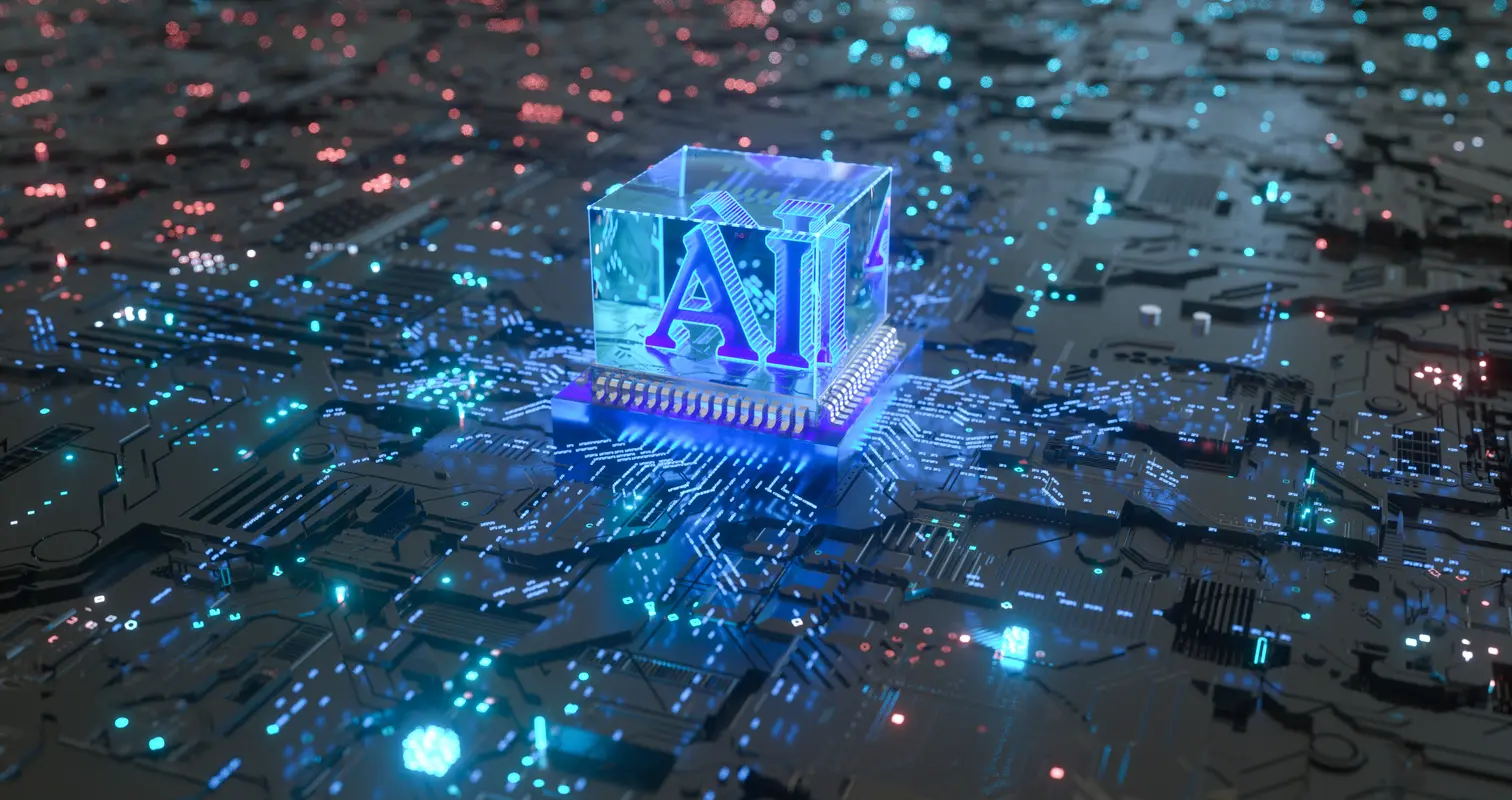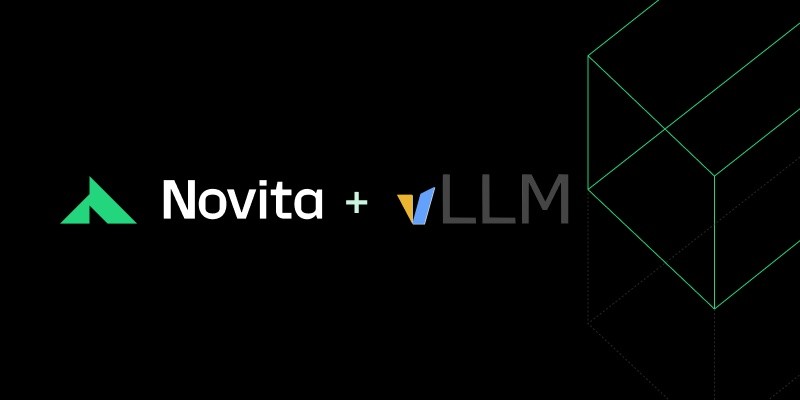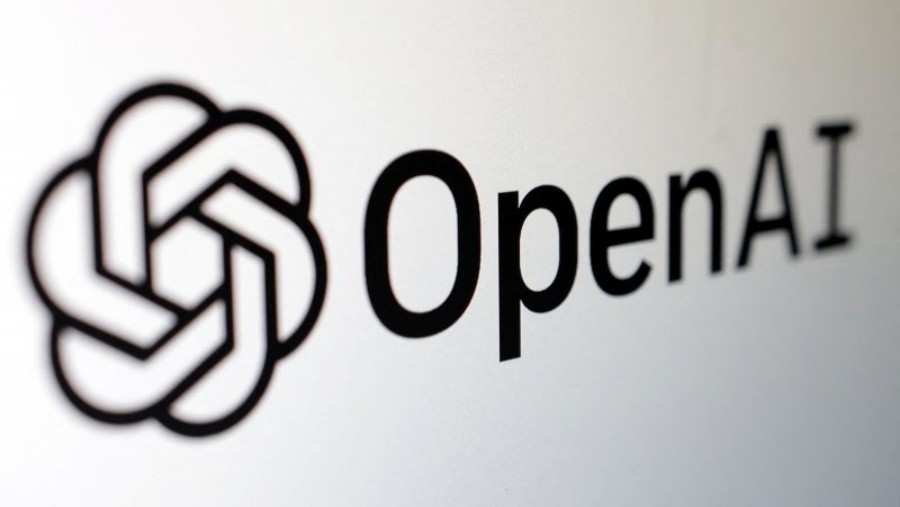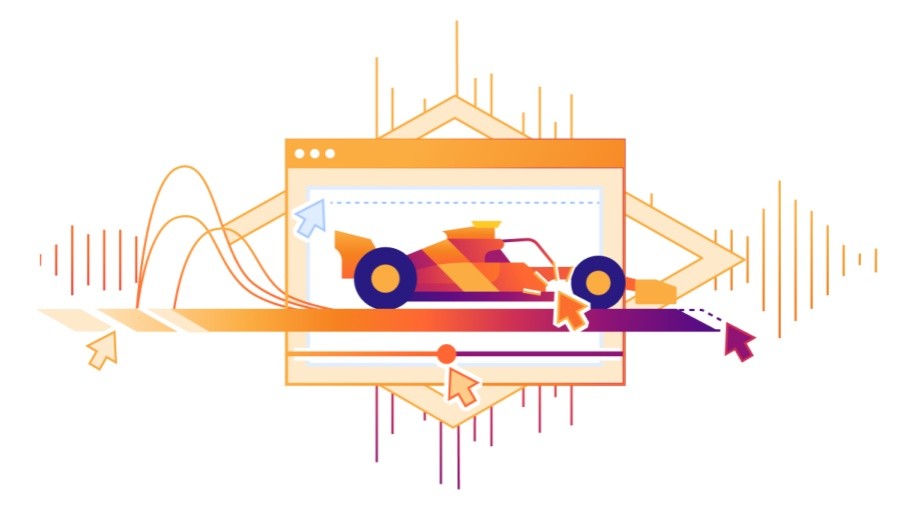
To build the best cloud server for AI GPT, you first need to consider the following important factors: cloud service provider, hardware configuration, storage requirements, and specific usage scenarios. Different cloud service platforms and hardware configurations are suitable for different tasks, such as large-scale training and inference tasks. Therefore, when choosing the best cloud server, it is recommended to make a reasonable choice based on your needs.
There are several cloud service providers to choose from on the market today, and here are some of the most popular ones.
AWS (Amazon Web Services)
AWS provides powerful computing resources and flexible services, which are particularly suitable for training and inference of large-scale AI models.
Recommended services :
EC2 instances : p4d and p3 series instances with NVIDIA A100, V100 or T4 GPUs.
SageMaker : A managed machine learning platform suitable for training and deploying large-scale models.
S3 storage : used to store large data sets and model files.
advantage :
A variety of GPU configurations are available, especially A100 and V100, which are ideal for training large AI models.
Powerful machine learning tools and managed services.
shortcoming :
The cost is higher, especially when using large-scale GPU instances.
Google Cloud Platform (GCP)
GCP provides a wide range of AI and machine learning tools, which are suitable for training large language models, especially in deep learning.
Recommended services :
AI Platform : used for model training and deployment, supporting TensorFlow and PyTorch.
Compute Engine : A2 series virtual machine instances, equipped with NVIDIA A100 GPU.
Cloud Storage : Used to store large amounts of data and train models.
advantage :
Supports the latest A100 GPU, suitable for training large-scale GPT models.
Powerful AI development tools and optimized TensorFlow support.
shortcoming :
Pricing models can be relatively complex and take some time for beginners to become familiar with.
Microsoft Azure
Azure provides a variety of machine learning services, especially suitable for enterprise-level applications, supporting high-performance computing and large-scale training.
Recommended services :
Azure Machine Learning : Fully managed machine learning service.
N series virtual machines : such as NC and ND series, adapted for deep learning tasks and supporting NVIDIA A100 and V100 GPUs.
Azure Blob Storage : Suitable for storing datasets and intermediate model files.
advantage :
Rich enterprise-level support, especially suitable for integration with other Microsoft technology stacks.
Provides GPU resources and a powerful machine learning platform.
shortcoming :
Compared with AWS and GCP, the ecosystem of machine learning tools is slightly inferior.
Oracle Cloud
Oracle Cloud provides enterprise-level computing resources, suitable for AI projects that require large-scale computing, especially in databases and data storage.
Recommended services :
Oracle Cloud Compute : Supports NVIDIA A100 GPU.
Oracle Cloud Storage : used to store training data and model files.
advantage :
Relatively low GPU instance prices.
Enterprise-grade support and efficient database services.
shortcoming :
AI tools and ecosystem are not as rich as AWS or GCP.
The training of AI GPT models requires a large amount of computing resources, especially GPUs. GPUs play a key role in accelerating deep learning computations.
NVIDIA A100 : Currently the most powerful AI accelerator card, suitable for training large-scale models. A100 is equipped with 40GB or 80GB of video memory, which is very powerful in terms of computing performance.
NVIDIA V100 : The previous generation’s top GPU, its performance is slightly inferior to A100, but it is still suitable for most deep learning tasks.
NVIDIA T4 : Suitable for inference tasks, lower cost, but slightly weaker in computing power than A100 and V100.
For training GPT-type models, it is recommended to choose an instance that supports A100 or V100 GPU. For smaller-scale models or inference tasks, a T4 GPU is sufficient.
Recommended configuration
GPU Selection : Prefer NVIDIA A100 or V100 GPUs, especially when training at scale.
CPU and memory : At least a 16-core CPU and 128GB of memory are required to ensure that computing and data transmission do not become bottlenecks.
Storage : Fast SSD storage (at least 1TB) is a must for fast reading and writing of data.
When training large models, the speed of data reading and writing is very critical. Therefore, choosing a fast storage solution is crucial.
Recommended storage :
Block storage : Most cloud platforms provide high-speed block storage, suitable for data storage and model files.
Object storage : such as AWS S3 or Google Cloud Storage, suitable for storing large-scale training data sets and intermediate results.
For large-scale training, especially multi-node training, network bandwidth and scalability are key factors that determine training efficiency.
Network bandwidth : Choose a cloud service that provides high bandwidth and low latency to ensure the speed of data exchange between GPU and CPU.
Auto-scaling : Choose a cloud platform that supports auto-scaling to dynamically increase computing resources based on demand.
Pricing is an important consideration when choosing a cloud service. Large-scale training consumes a lot of computing resources, so you need to choose the appropriate configuration according to your budget.
Pay-as-you-go : Suitable for short-term projects and can flexibly select and configure cloud resources.
Reserved Instances : If you use it for a long time, you can choose Reserved Instances and usually get a larger discount.
Storage costs : Storing large datasets and model weights can be expensive, consider using low-frequency access storage options to reduce costs.
Choose appropriate cloud resources according to different usage scenarios:
Train large-scale GPT models : Choose an instance with NVIDIA A100 or V100 GPU (such as AWS p4d , GCP A2 , Azure N series).
Inference tasks : For inference tasks such as text generation, you can choose T4 GPU, which is less expensive but still has sufficient performance.
Managed services : If you don’t want to manage the infrastructure yourself, you can choose managed services like AWS SageMaker, Google Vertex AI, or Azure Machine Learning.
Choosing the best cloud server to build an AI GPT model requires considering multiple factors such as computing resources (especially GPU), storage, network bandwidth, and budget. Based on the current technological development, it is recommended to choose AWS , Google Cloud or Azure , which provide the latest NVIDIA A100 GPU, powerful storage and network bandwidth support, and excellent machine learning tools. If the budget is limited, choosing T4 GPU for inference tasks can also achieve good results.



